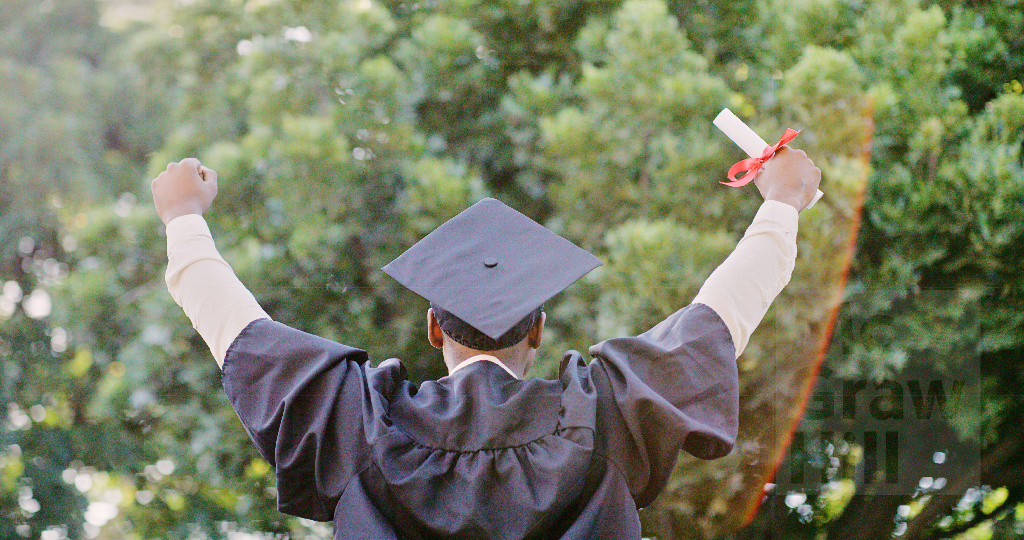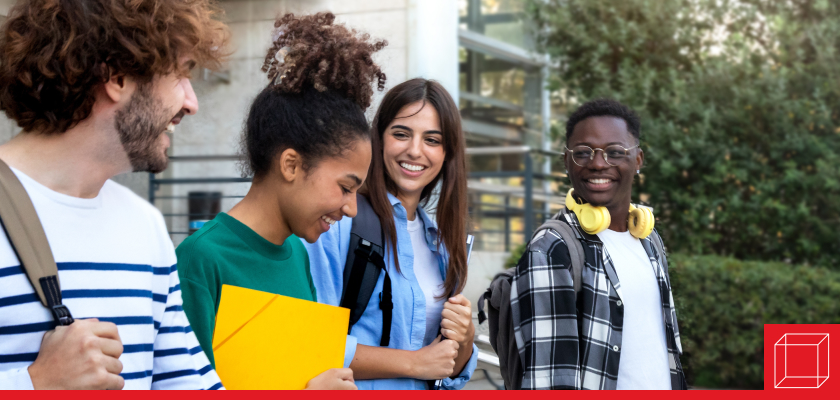Authentic Assessment: Engagement and Equity in Higher Education
Education in the 21st century is transforming pedagogical practices that put the students at the heart of education.

Education in the 21st century is transforming pedagogical practices that put the students at the heart of education. Faculty are emerging from centuries-old teacher-focused practices to equitable and student-focused practices that engage the learners as they prepare to be productive members of society. Creating a learning environment for diversity, equity, and inclusion (DEI) benefits the population we are preparing. And it makes teaching interesting, engaging, and fun for faculty!
Authentic Assessment
One method I have used to engage students is authentic assessments. These assessments use real-world activities to prepare students for the tasks, techniques, and skills of the workforce. Traditionally, educators assess students through passive, lower-order thinking, techniques (recall, summarize, explain) that require rote memorization and basic understanding. In authentic assessment, students actively use higher-order problem-solving skills to answer questions, and in doing so develop the critical thinking skills that prepare students for life beyond the classroom. Specifically, Shaffer and Resnick (1999) describe authentic education as using real-world problems/situations that allow learners to make meaningful and personal connections. When I am facilitating authentic assessments, I observe learners developing their skills for STEM-based careers like nutrition, nursing, kinesiology, food science, medicine, and beyond. Students develop the desirable 21st-century workforce skills of communication, collaboration, critical thinking, and creative thinking.
The benefits of authentic assessment extend beyond preparing learners for the workforce. Active learning involves the student in the process vs. the product of learning, developing creativity and critical thinking skills that are beneficial to society. Completing assessments that are contextualized and relevant connect what is learned in the classroom to what is useful in their future professions and for participating in a global community. These assessments also employ best practices to support diversity, equity, and inclusion (DEI). Specifically, authentic assessments allow learners to creatively share lived experiences and deepen learning while promoting empathy through exposure to different worldviews. Social justice is developed in my classroom with both traditional and non-traditional learners, which expands their understanding of others through the sharing of lived experiences to complete assessments.
Using authentic assessment also engages students who might otherwise sit passively in the classroom. While some students are successful (retention, persistence, and completion) in a traditional learning environment, others are not, and students of color are disproportionately impacted. Students (and teachers) report greater satisfaction with experiential, authentic assessment, which is correlated with student persistence and retention. Experiential learning also increases student self-efficacy and self-confidence. Authentic assessment aligns with recommendations for equitable pedagogy by having students demonstrate what they are learning vs. what they have memorized. Implementing authentic assessment promotes student achievement while simultaneously developing a productive society with workforce skills, social skills, critical thinking, and empathy.

It should be added here that authentic assessment is an appropriate response to artificial intelligence (AI) and academic integrity. Creating assessments that require students' personal interpretation and sharing of experiences diminishes the opportunity for AI to fully answer the question. This technology took us by storm in early 2023. As educators, we can build authentic assessments that incorporate but do not rely solely on AI.
How To Create Authentic Assessment
Creating new assessment opportunities may be challenging at first. As educators, we thrive when our students are successful. But that doesn’t outweigh the need for our work-life balance. To prevent becoming overwhelmed, consider revising or creating just one assessment opportunity. Start by thinking about how your students use the knowledge in your discipline outside the classroom in the real world. Consider if the assignment needs to be scaffolded and how the learning process may require revision. Include the opportunity for students to share their lived experiences. The following are some of my in-person and online examples to help spark your imagination:
- Case studies
- Create care plans
- Develop SMART goals
- Create public health messages or presentations
- Roleplay
- Consider allowing students to present information as skits poems or diagrams
- Debate: pick a topic and assign students to either side
- Create a blog/website to inform others on a topic
- Poster sessions
- Create a podcast
- Create “elevator speeches” to explain why something happens
- Create a food or nutrition label that meets nutrition nutrient or health claims
Example of Authentic Assessment (with student permission)
This is an example of a scaffolded authentic assessment that is an iterative process and can include peer review. It begins with student choice as they select from a list of nutrition-related health conditions. Students then find a primary and secondary source of information and submit a bibliography of the two resources. Upon approval (or with revision) from me, students create an annotated bibliography, and peers provide feedback and ask questions. Once any modifications are made, the students complete a creative project (flyer, presentation, podcast, social media post, public health message) that includes required information, in addition to what they found most interesting. The final step of this assignment requires they develop a fictitious study to answer a question that we may still have about the nutrient and the health condition.
- Learning about micronutrients: students dig deep into one nutrient create content and then compare/contrast their nutrient to those of other students. This replaces exam questions about this content.
Don’t forget we are a vibrant community of resources for one another. Peer review and colleague input can be used to create and modify authentic assessments. It’s important to think about the principles in your course that apply to the real world and then develop activities based on what students learn in your class. Ask your students! Let them bring in their discipline-specific experiences and questions and connect those to the content you are teaching. You may be surprised by what they ask and create. And ask your colleagues! Collaborate to develop assessment techniques that can be used for in-person or online assessment. It may seem challenging at first but witnessing student engagement (in person and online) will spark your creativity! Using these principles to transform your course with equitable pedagogical practices can help us “break education” into a model that is socially just and prepares students to be productive participants in society.
All examples are shared with permission from the student. Examples are from online and in-person students.



